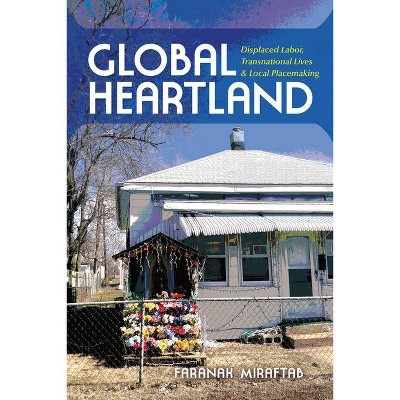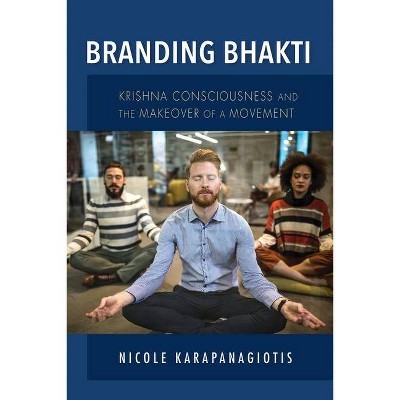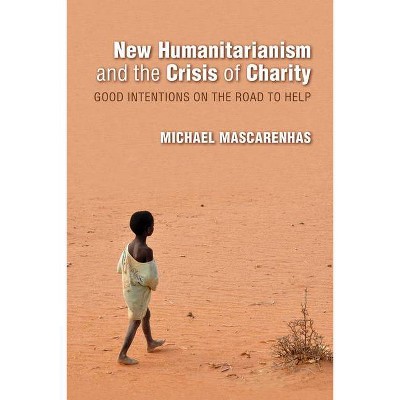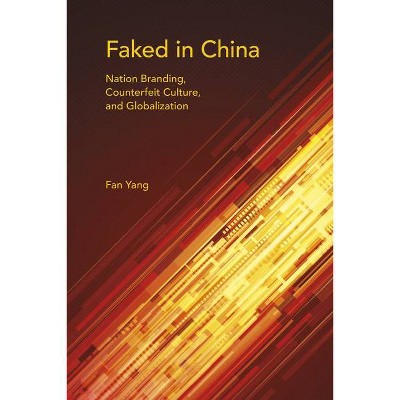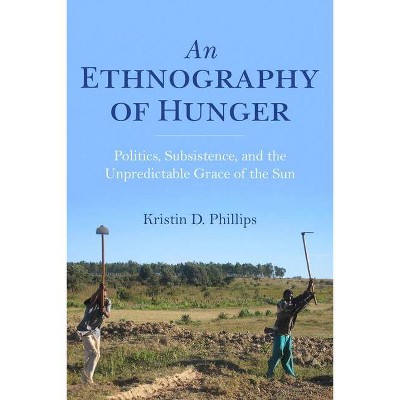In Sickness and in Wealth - (Framing the Global) by Carol Chan (Paperback)
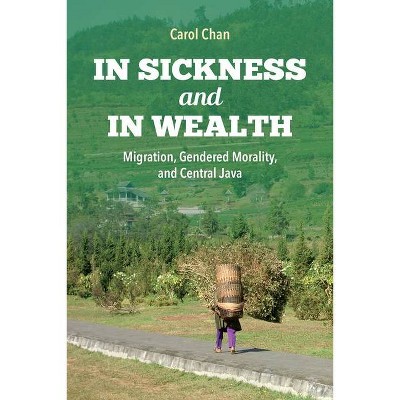
Similar Products
Products of same category from the store
AllProduct info
<p/><br></br><p><b> About the Book </b></p></br></br><p>1. <em>In Sickness and Wealth</em> looks at migration from the unusual perspective of the migrant-origin community rather than the migrant abroad.</p> <p>2. This book is a powerful text that stands alone on its own merits, but also fits well with two other works recently published by IUP: Deirdre McKay's <em>An Archipelago of Care</em> and Faranak Miraftab's <em>Global Heartland</em>. All three of these books explore the subject of migration. </p> <p>3. This clearly written ethnography is very timely in its focus on the experience of women and migrants. </p></p><p/><br></br><p><b> Book Synopsis </b></p></br></br><p>Villagers in Indonesia hear a steady stream of stories about the injuries, abuses, and even deaths suffered by those who migrate in search of work. So why do hundreds of thousands of Indonesian workers continue to migrate every year? Carol Chan explores this question from the perspective of the origin community and provides a fascinating look at how gender, faith, and shame shape these decisions to migrate. Villagers evaluate men's and women's migrations differently, leading to different ideas about which kinds of human or financial flows should be encouraged and which should be discouraged or even criminalized. Despite routine and well-documented instances of exploitation of Indonesian migrant workers, some villagers still emphasize that a migrant's success or failure ultimately depends on that individual's morality, fate, and destiny. Indonesian villagers construct strategies for avoiding migration-related risks that are closely linked to faith and belief in supernatural agency. These strategies shape the flow of migration from the country and help to ensure the continued confidence Indonesian people have in migration as an act of promise and hope.</p></p><p/><br></br><p><b> Review Quotes </b></p></br></br><br><p><i>In Sickness and in Wealth</i> is a precious contribution in the expanding anthropological literature on morality, perhaps peculiarly salient in its bouncing off different perspectives. Thanks to its elegant and accessible style, furthermore, it makes for an engaging read also for those interested in the Indonesian and Southeast Asian scholarship at large.</p>--Roberto Rizzo "Social Anthropology"<br><br><p>This book is essential reading for students wishing to learn about the cultural constitution of one specific mobility system: Javanese women's transnational labor migration. It will be useful for those comparing the lives of other transnational migrants and overseas domestic workers from and within Asia. Studying migration from the vantage point of the sending communities--in this case, villages in Central Java--is less common than studying migrant experiences from the receiving countries' perspectives. Chan's research thus adds to a small but growing number of studies that have shown the importance of learning about the social context from which people leave, circulate, and return, as well as communicate, sustain relationships, and participate in social, political, and economic life transnationally.</p>--Emily Hertzman "Indonesia"<br><p/><br></br><p><b> About the Author </b></p></br></br><p>Carol Chan is a postdoctoral fellow with the Interdisciplinary Program for Migration Studies (PRIEM) at Universidad Alberto Hurtado, Chile.</p></p>
Price History
Price Archive shows prices from various stores, lets you see history and find the cheapest. There is no actual sale on the website. For all support, inquiry and suggestion messagescommunication@pricearchive.us
